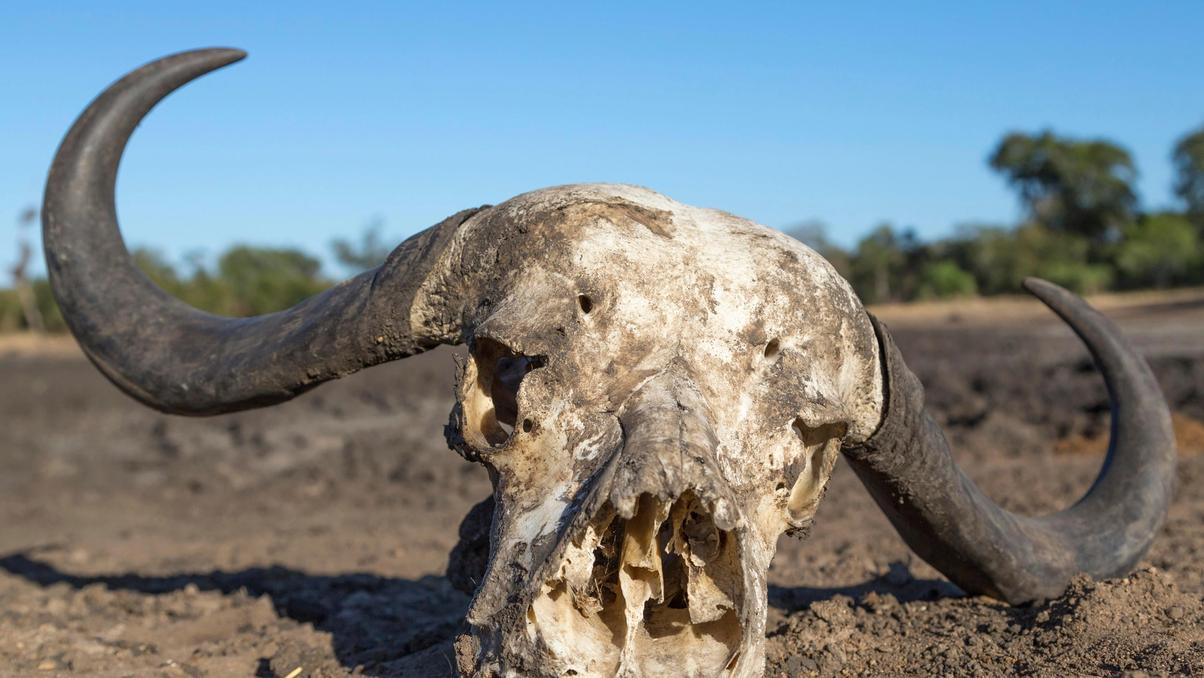Could The Age Of Mammals Be (Slowly) Coming To An End?
Humans are safe for a while, but the countdown has already started. Shutterstock
Shutterstock
News that is entertaining to read
Subscribe for free to get more stories like this directly to your inboxWhile there’s no denying the fact that mammals have been a dominant force on the planet for a long time, some scientists think this class of vertebrates (that includes you!) might have reached its peak.
In fact, a new study determined that we could be at roughly the midpoint between when mammals first surfaced and when the last ones will be alive.
Everyone you know will be OK
This report is noteworthy to be sure, but there’s no reason to worry about your kids — or your great-great-great-great-great-grandkids for that matter. Mammals have been around for 250 million years, and that’s roughly how long experts think we have left.
But it’s still important to understand why the Nature Geoscience journal released the results of this groundbreaking study.
It seems to all hinge on the inevitable buildup of greenhouse gas. While human-caused pollution has been widely cited as a contributing factor, experts say it’s going to happen with or without us at some point.
A very broad prediction among most scientists is that within 2-3 billion years, this collection of vapor will become so heavy that the rising heat will cause all of the planet’s water to simply boil away. That’s when there will be no more life on the planet.
But mammals will be long gone by that point since they won’t be able to survive the rising temperatures.
There are other contributing factors
Aside from greenhouse gas, researchers say the planet’s temperature will rise for several other reasons, including:
- The creation of a supercontinent near the equator
- Massive increases in volcanic activity
- Humanity’s unpredictable environmental impact
Some small mammals will make it longer than humans and other animals that require lots of water … but in the distant future, reptiles or birds could take over as the dominant life forms.
 Why Is The Aging Voyager 1 Probe Sending Back Incoherent Communications?
It's been speaking gibberish for a few months and officials are concerned.
Why Is The Aging Voyager 1 Probe Sending Back Incoherent Communications?
It's been speaking gibberish for a few months and officials are concerned. One Woman’s Massive Donation Is Wiping Out Tuition At This Medical School
Her inheritance came with the instruction to do "whatever you think is right."
One Woman’s Massive Donation Is Wiping Out Tuition At This Medical School
Her inheritance came with the instruction to do "whatever you think is right." Woman’s Pets Will Inherit Her Multimillion-Dollar Fortune, Not Her Kids
It's not the first time four-legged heirs were named in a will.
Woman’s Pets Will Inherit Her Multimillion-Dollar Fortune, Not Her Kids
It's not the first time four-legged heirs were named in a will.